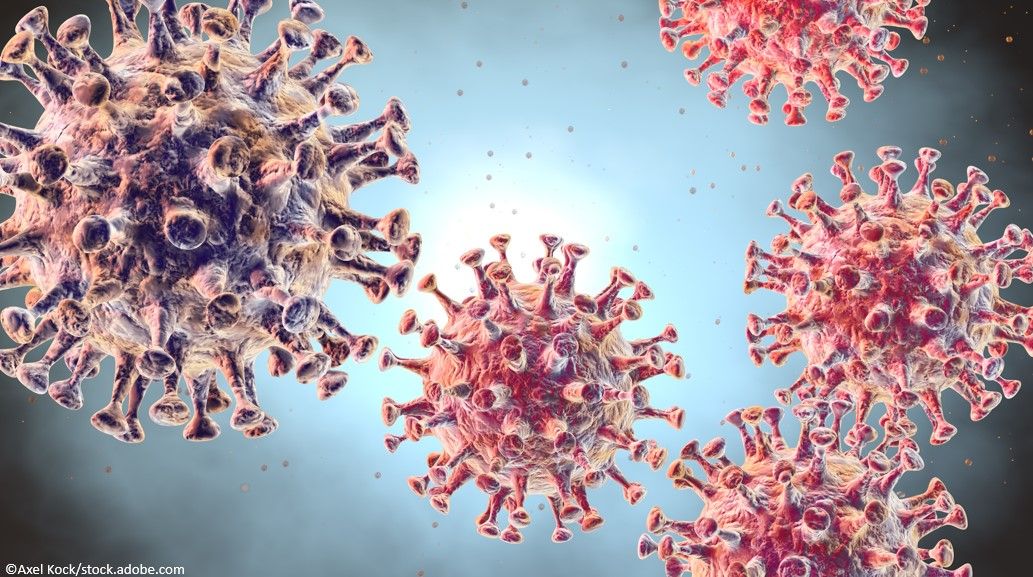- Clinical Technology
- Adult Immunization
- Hepatology
- Pediatric Immunization
- Screening
- Psychiatry
- Allergy
- Women's Health
- Cardiology
- Pediatrics
- Dermatology
- Endocrinology
- Pain Management
- Gastroenterology
- Infectious Disease
- Obesity Medicine
- Rheumatology
- Nephrology
- Neurology
- Pulmonology
CDC: 4 Clinician Recommendations on Chloroquine Phosphate Misuse for COVID-19
In a recent health advisory, the CDC urged physicians to advise patients on the harms associated with using non-pharmaceutical chloroquine phosphate to prevent COVID-19.

The US Centers for Disease Control and Prevention (CDC) released a health advisory urging physicians to advise patients on the harms associated with misusing non-pharmaceutical chloroquine phosphate to prevent infection of coronavirus disease 2019 (COVID-19).
The advisory is in response to the widespread news regarding 2 individuals who ingested non-pharmaceutical chloroquine phosphate, a chemical mainly used for aquariums. One of the individuals died shortly after arriving at the hospital, however, the second individual reported to the media upon recovery that they ingested the chemical to prevent SARS-CoV-2 infection.
“Clinicians should advise patients and the public that chloroquine, and the related compound hydroxychloroquine, should be used only under the supervision of a healthcare provider as prescribed medications,” the CDC stated in the advisory distributed via the CDC Health Alert Network on March 28, 2020.
Chloroquine phosphate is currently approved by the Food and Drug Administration (FDA) to treat specific medical conditions (eg, malaria, lupus, rheumatoid arthritis). If used inappropriately, however, chloroquine phosphate can lead to cardiac rhythm disturbances including severe hypokalemia, cardiovascular collapse, seizures, coma, and death.
Furthermore, chloroquine phosphate can be toxic at levels not much higher than those used for treatment, which increases the risk of inadvertent overdose.
To help stop the use of chloroquine phosphate, the CDC recommended the following 4 actions that physicians can take:
- Educate patients on the serious risks of misusing non-pharmaceutical chloroquine products and other aquarium use chemicals.
- Counsel patients on the importance of taking medications only as prescribed and as directed by healthcare providers.
- Contact your local poison center (1-800-222-1222) to report cases and to obtain specific medical management of chloroquine and hydroxychloroquine poisoning.
- Adverse events related to pharmaceuticals can be reported to the FDA MedWatch program. Adverse events related to non-pharmaceutical products can be reported by emailing FDA-COVID-19-Fraudulent-Products@fda.hhs.gov or calling 1-888-InfoFDA (1-888-463-6332).
The CDC also stressed that there are currently no pharmaceutical treatments available that have been FDA-approved for the prevention or treatment of COVID-19.
Chloroquine phosphate is being studied for the treatment of COVID-19, but its efficacy to either prevent or treat COVID-19 is still unknown at this time.
No Rx Required for COVID-19 Vaccination But ACIP Calls for Better Informed Consent Process
September 22nd 2025The ACIP on September 19 narrowly voted against requiring a prescription to get the shot but urged more detailed discussion of vaccine risks during shared decision making conversations.
